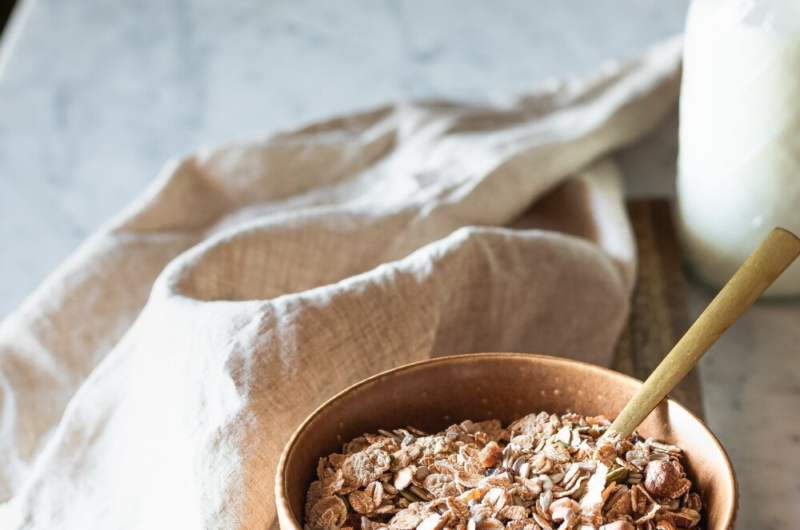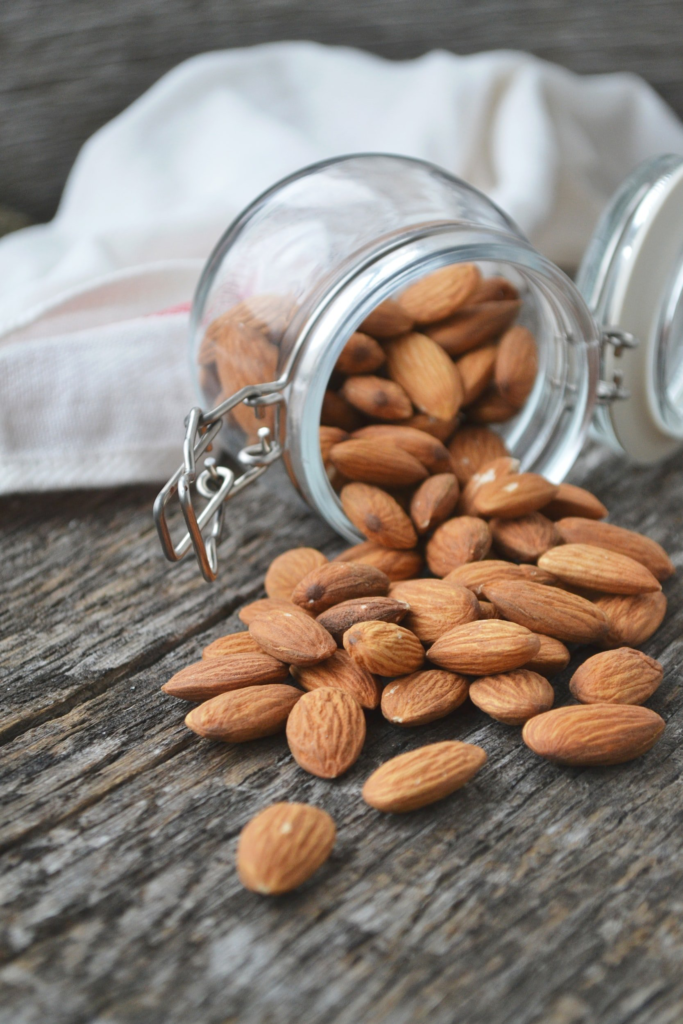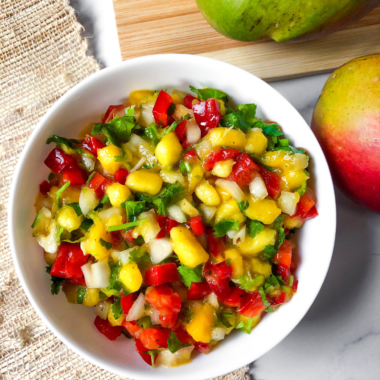Just like we cook meat before we eat it, we should prep our grains, legumes, nuts, and seeds before eating them. That’s when soaking and sprouting comes into the picture!
Sprouting takes place when nuts, seeds, grains, and legumes are soaked in water long enough to begin the germination process. This process naturally breaks down the phytic acid, lectins, and starch contained within these foods. Also keep in mind that “activated” grains, legumes, nuts, and seeds, means soaking them then dehydrating them which also makes them more digestible. The activation process just doesn’t produce sprouts. “Soaking” grains, legumes, nuts, and seeds overnight and then rinsing them (without dehydrating) is also beneficial! Sprouting is the most beneficial, but activating and soaking are still better than raw.
Phytic acid acts as an anti-nutrient that binds to minerals, therefore blocking their absorption. This specifically includes calcium, magnesium, iron, zinc, chromium, and manganese. Phytic acid is not a health concern for those who follow a balanced diet; however, those at risk of nutrient deficiencies or those with digestive issues would benefit significantly from eating the sprouted forms of these foods or at least not including high-phytate foods in all meals if always eaten raw. Cooking, baking, and boiling these foods also helps break down phytic acid, but not as much as sprouting. The process of sprouting is especially beneficial because it makes other nutrients within the foods more potent and bioavailable. To put it simply, it activates the best part of the food while deactivating the worst part, therefore making the food an overall healthier choice.
Lectins are a family of carbohydrate-binding proteins and are also known as an anti-nutrient. They occur in nearly all foods, but the highest amounts are found in legumes and grains. Lectins serve a protective function for plants as they grow but they don’t have any nutritional value when consumed in foods. Lectins aren’t affected by digestive enzymes but they are easily broken down by water and/or heat. Therefore, sprouting, cooking, or boiling foods that contain lectins will greatly reduce the lectins’ abilities to bind to nutrients. The sprouting process is known to decrease lectins by up to 95%. Simply avoid eating the raw versions and eat these foods sprouted or cooked instead.
The sprouting process also breaks down the starch contained within these foods. Lowering the starch actually increases the nutrients in the foods. So sprouted grains, legumes, nuts, and seeds naturally have more potent nutrients than the raw versions.
In summary, sprouted nuts, seeds, grains, and legumes are:
- Lower in naturally occurring anti-nutrients like phytic acid and lectins.
- Lower in starch, therefore making the potency of certain micro and macronutrients higher, thereby unlocking nutritional value that wasn’t accessible before. They are higher in nutrients such as folate, iron, vitamin C, zinc, magnesium, and protein. Other beneficial compounds like polyphenols, antioxidants, and flavonoids also increase in potency.
- More easily digested because the anti-nutrients are deactivated and the starch is decreased. This may help people who are sensitive to digesting grains, legumes, nuts, and seeds in their inert state.














